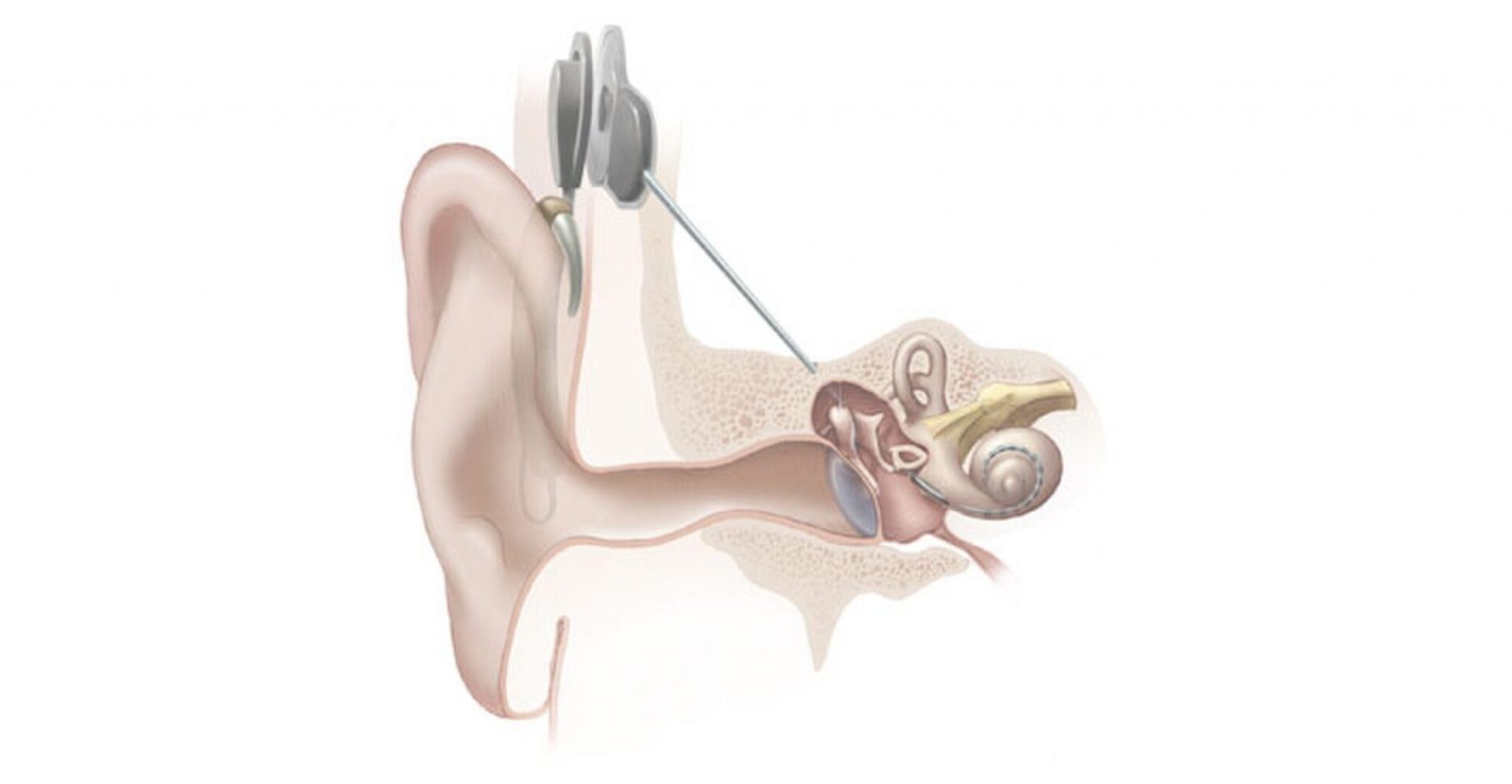
Big data for better hearing
Hearing loss is the most common chronic neurosensory disease. In industrialized countries, more than 17 percent of the population is affected – with a considerable reduction in quality of life and even social isolation. In cases of mild to moderate hearing impairment, hearing aids can usually compensate for this deficit. However, only hearing implants can help with moderate and especially severe hearing loss. They assume the function of the cochlea in the inner ear. Thanks to the enormous technical development and advances in surgery, cochlear implants (CI) are suitable for more and more hearing impaired people.
In Germany alone, more than one million people could significantly improve their hearing. In fact, however, only about 40,000 people are provided with such a system. The reason: Many potential CI candidates are unsure or are afraid of the surgical intervention. The more so as the hearing results with the cochlear implant can vary greatly from patient to patient. Scientists at the Hannover Medical School (MHH) and the L3S are now hoping to find out why this is the case using current methods of artificial intelligence.
The large amounts of data required for this come from the MHH. It not only houses the largest CI centre in the world, but also the largest CI database. It contains pre- and postoperative data from almost 10,000 patients. Using 3D image data of the cochlea after implantation, the scientists hope to find out, for example, what influence the position of the electrode has on hearing success. In order to recognize further correlations, the data of the blood and perilymph samples taken from the CI patients at the time of the operation are analyzed. The scientists use all the data to develop predictive models for individual hearing success with an implant. The goal: Everypatient receives the optimal hearing system. The number of successfully CI-cared-for patients shall thus increasesignificantly.


